 Cheap Rubbish Service
Cheap Rubbish Service Proper waste disposal is paramount in maintaining a clean, healthy, and sustainable environment. However, finding a budget-friendly solution can be challenging.
 Cheap Rubbish Service
Cheap Rubbish Service Proper waste disposal is paramount in maintaining a clean, healthy, and sustainable environment. However, finding a budget-friendly solution can be challenging.
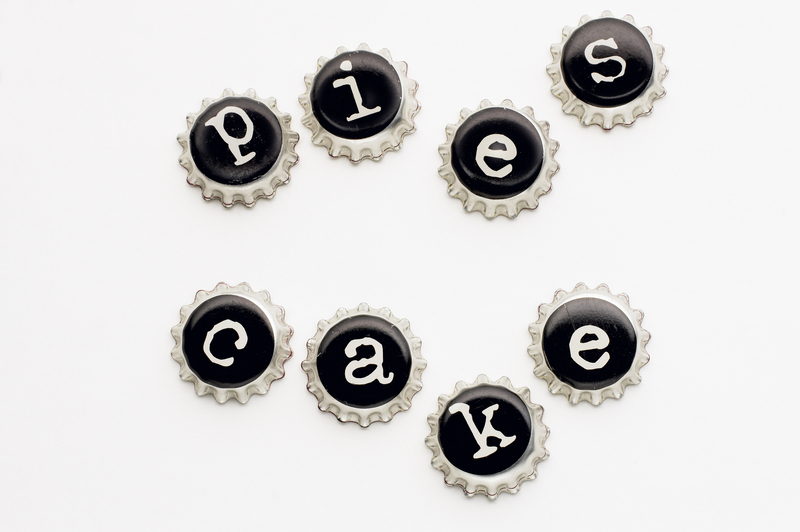 Composting: Key Environmental Advantages
Composting: Key Environmental Advantages Composting is a natural process that transforms organic waste into nutrient-rich soil, offering numerous environmental benefits.
 Exploring the Builders Skip
Exploring the Builders Skip Builders skips, often seen on construction sites and renovation projects, are an indispensable asset in waste management.
 Perfume Bottle Disposal Methods
Perfume Bottle Disposal Methods The luxurious aroma of your favorite perfume can lift your spirits and leave a lasting impression. However, once the bottle is empty, the question arises: How should you dispose of a perfume bottle?
 Tips for Using Less Paper in Schools
Tips for Using Less Paper in Schools Environmental sustainability has become a crucial topic in today's world, and one of the easiest ways to contribute is by reducing paper usage in schools.
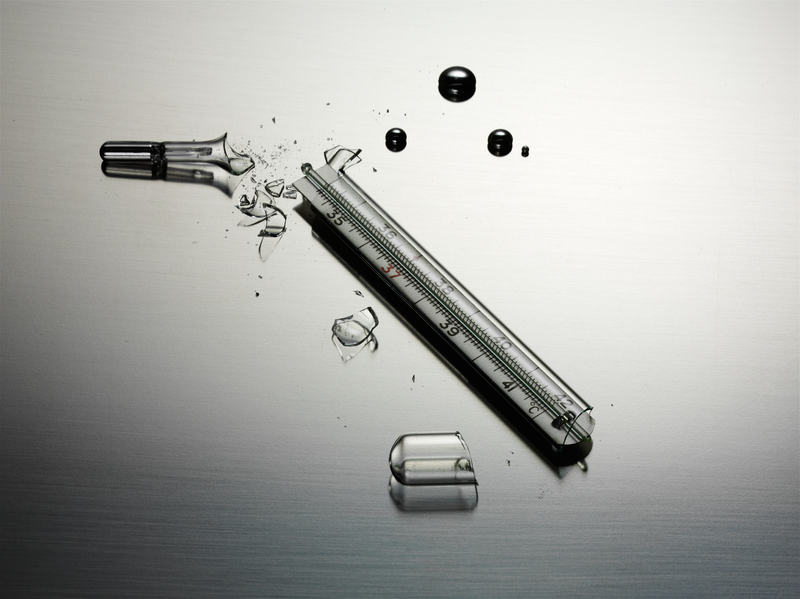 Tree Planting: Essential Benefits
Tree Planting: Essential Benefits Tree planting is more than just an act of environmental conservation--it is a crucial step towards sustainable living.
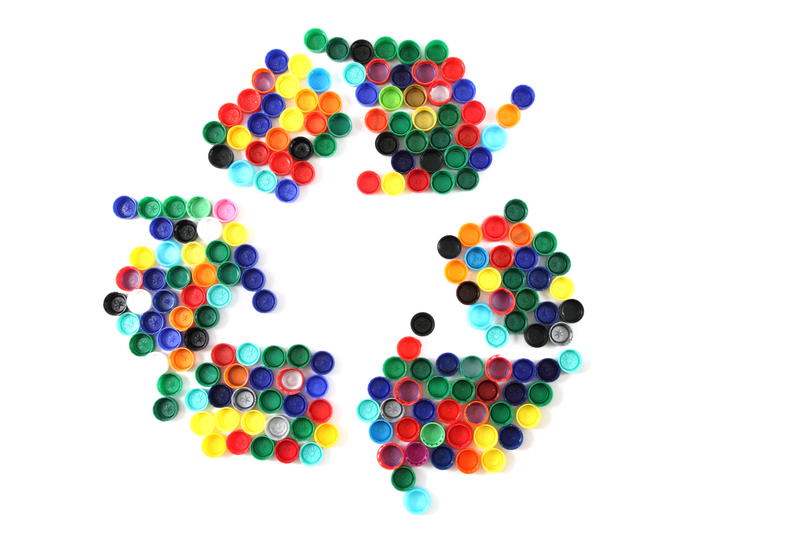 Tips to Sustain an Orderly Environment
Tips to Sustain an Orderly Environment Maintaining an orderly environment isn't just about aesthetics; it is essential for promoting mental well-being, enhancing productivity, and creating a healthier living space.
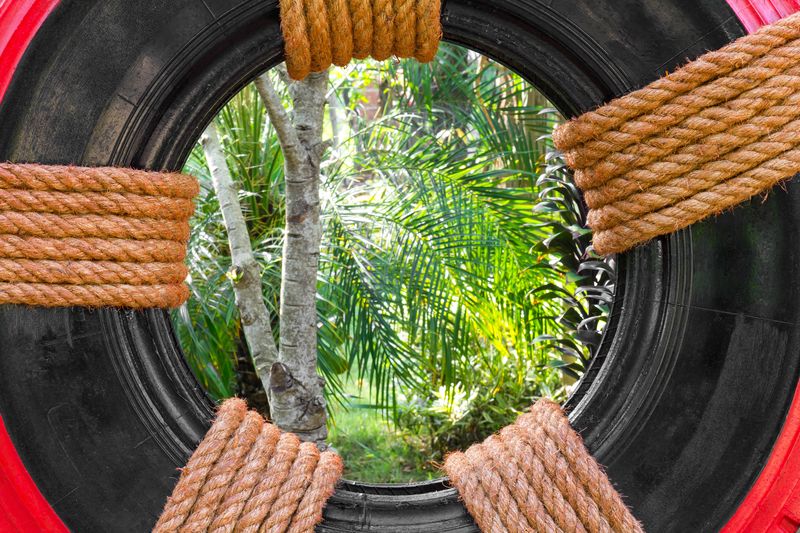 Best Practices for Waste Disposal at Home
Best Practices for Waste Disposal at Home Waste management has become a crucial concern in our modern society. Efficient waste disposal at home not only helps in keeping our surroundings clean but also plays a significant role in conserving the environment.
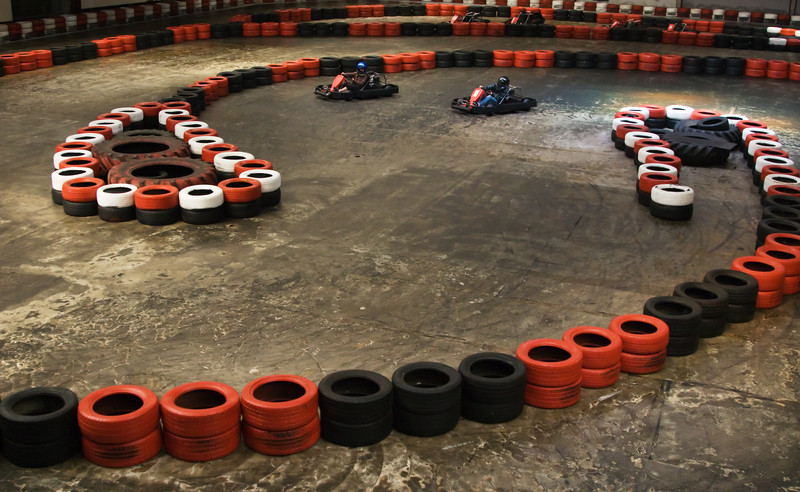 Yard Furniture Disposal
Yard Furniture Disposal Ensuring a well-maintained garden requires not just the right plants and landscaping but also attention to your yard furniture. Over time, outdoor furniture can become worn, outdated, or damaged.
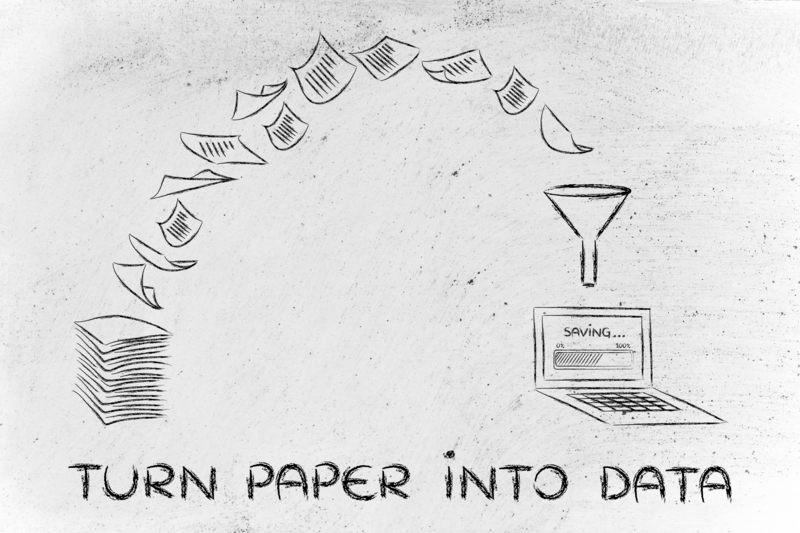 Minimalist Movement: Beauty in Less
Minimalist Movement: Beauty in Less In the cluttered world we live in, the concept of minimalism introduces a refreshing contrast. While modern minimalism has gained traction recently, its seeds were sown much earlier.
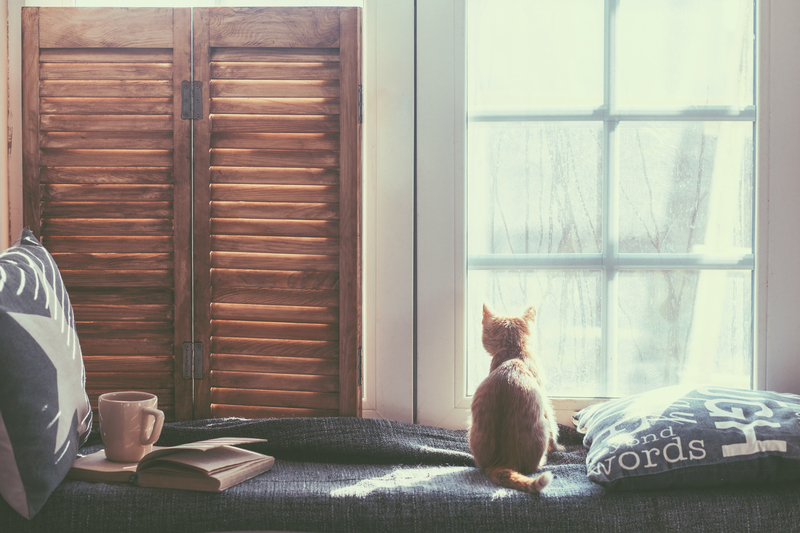 Recycling Programs for Schools
Recycling Programs for Schools Recycling programs in schools play a crucial role in educating young minds about environmental sustainability.
 Recycling Metals: Key Benefits
Recycling Metals: Key Benefits Recycling metals has emerged as a crucial practice in the context of sustainable development and environmental conservation.